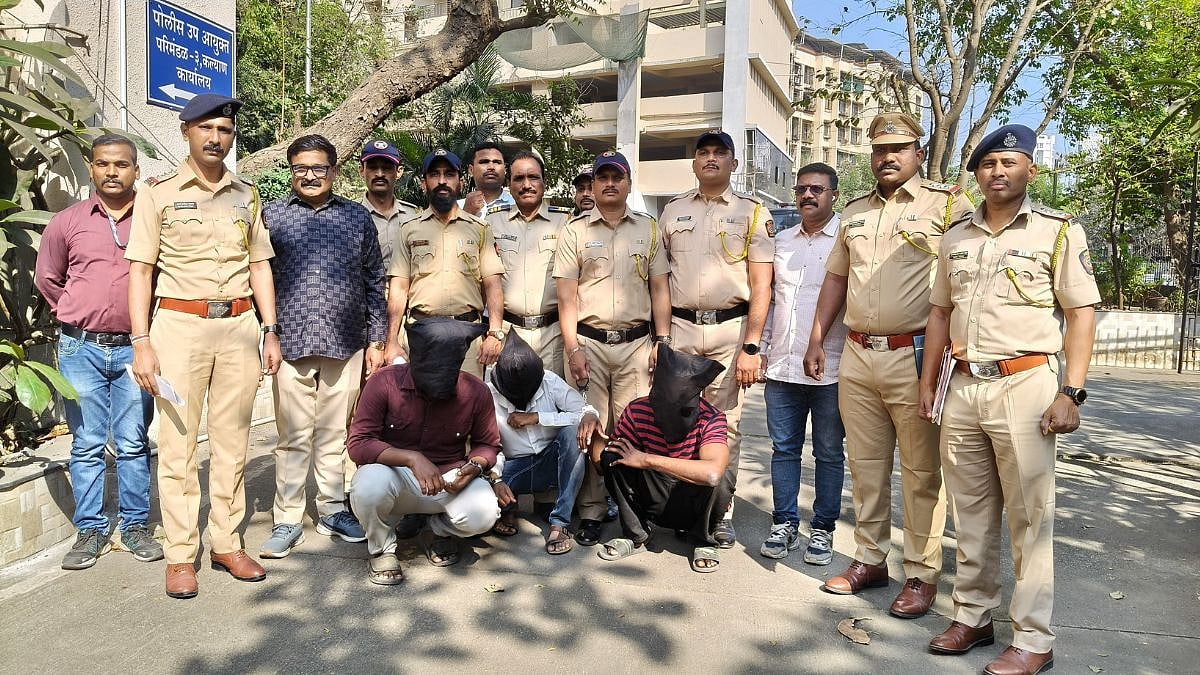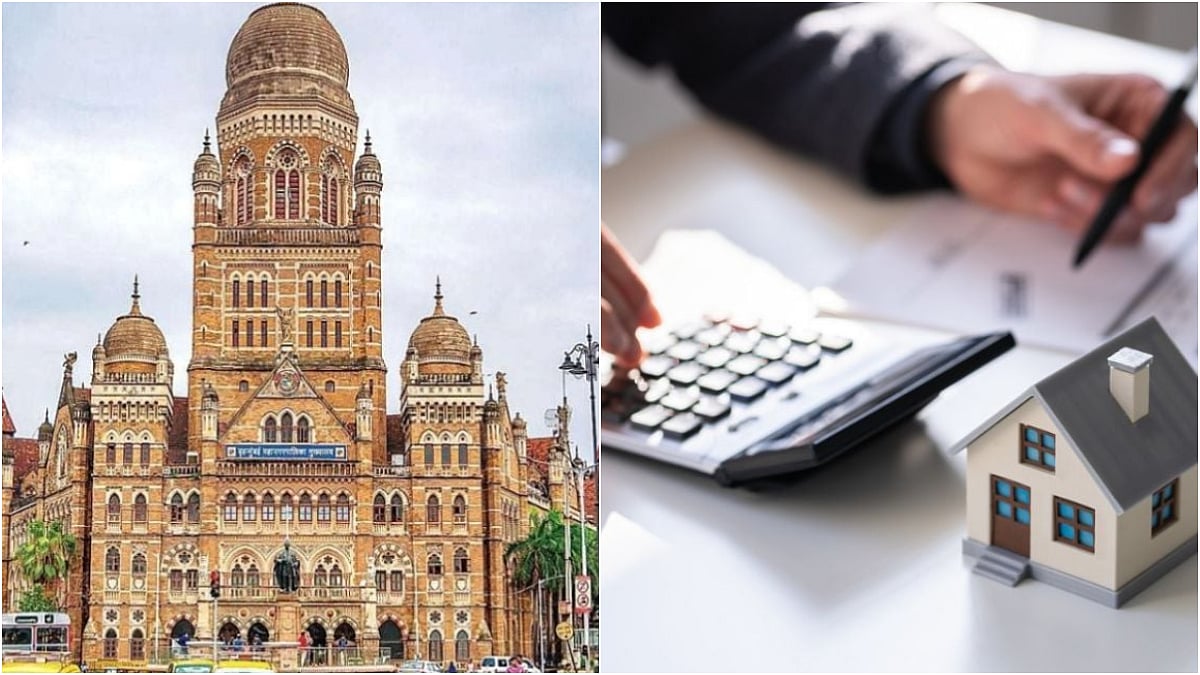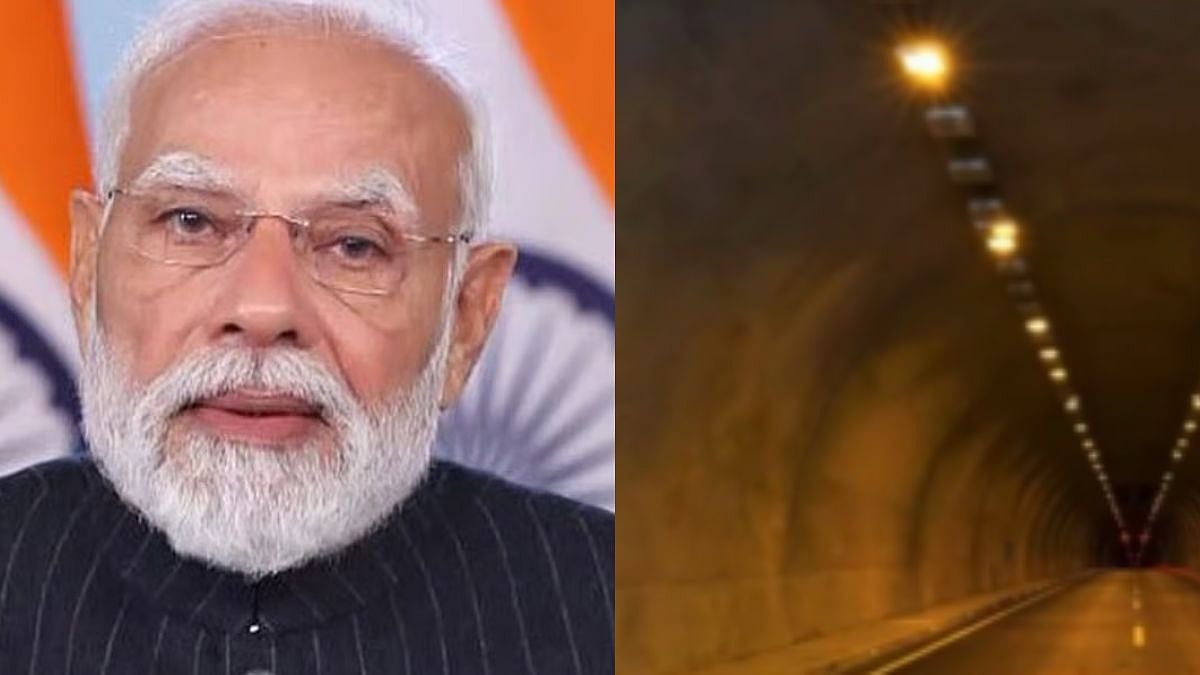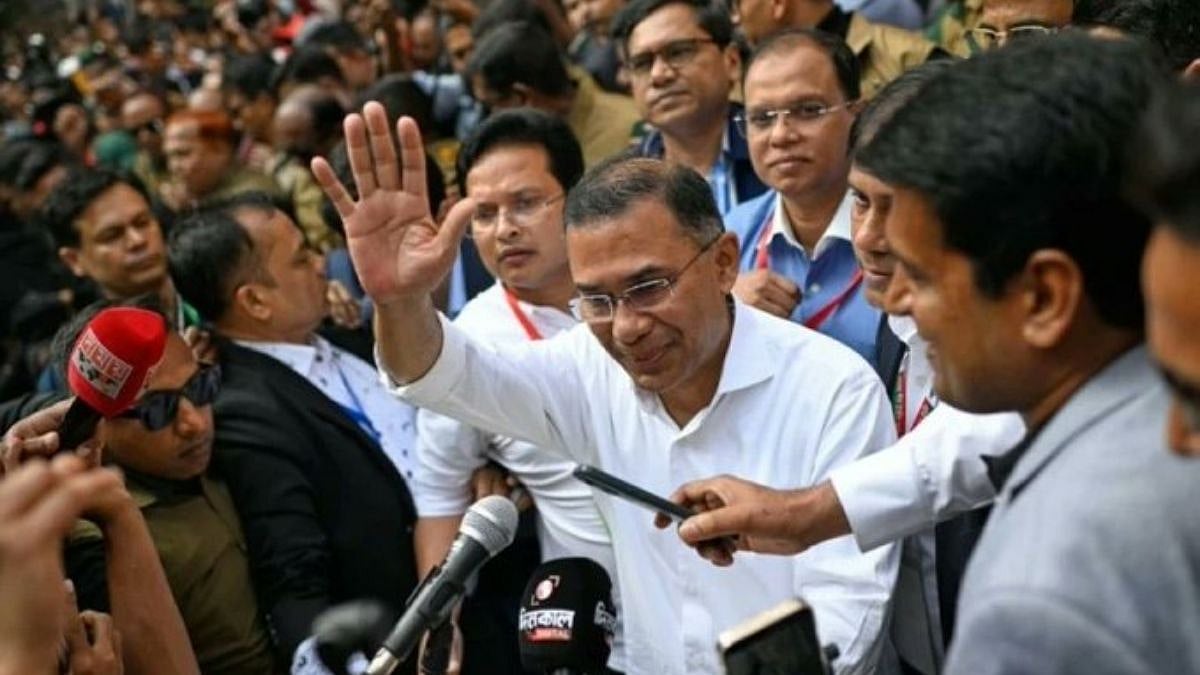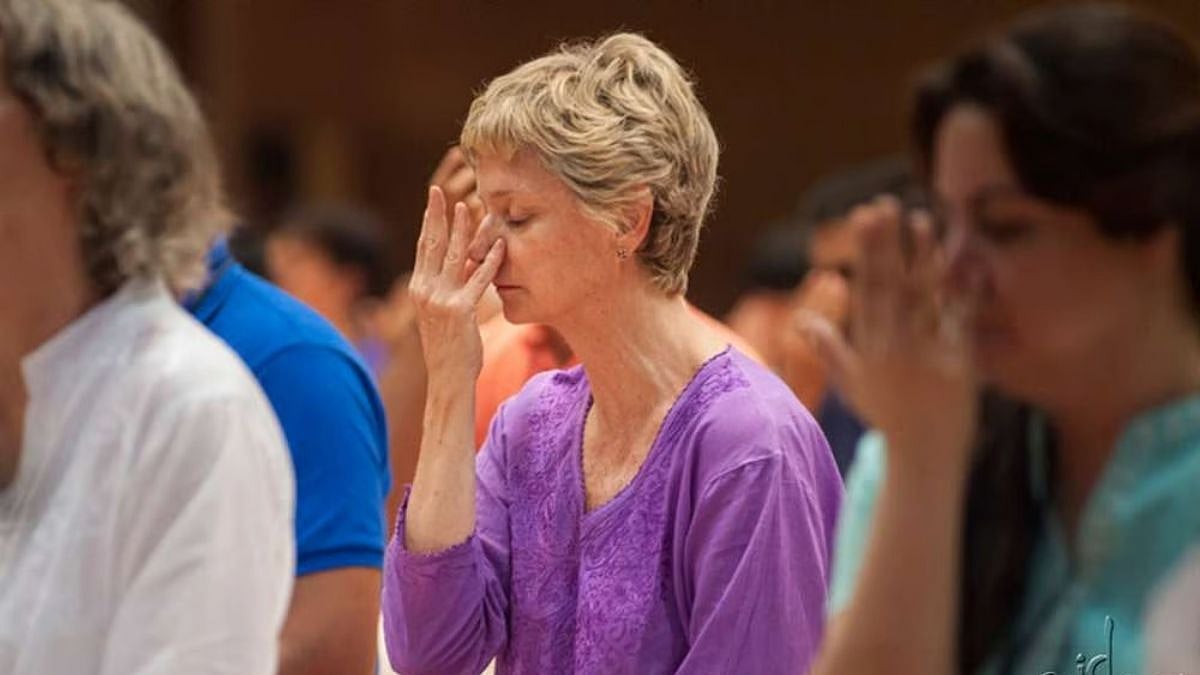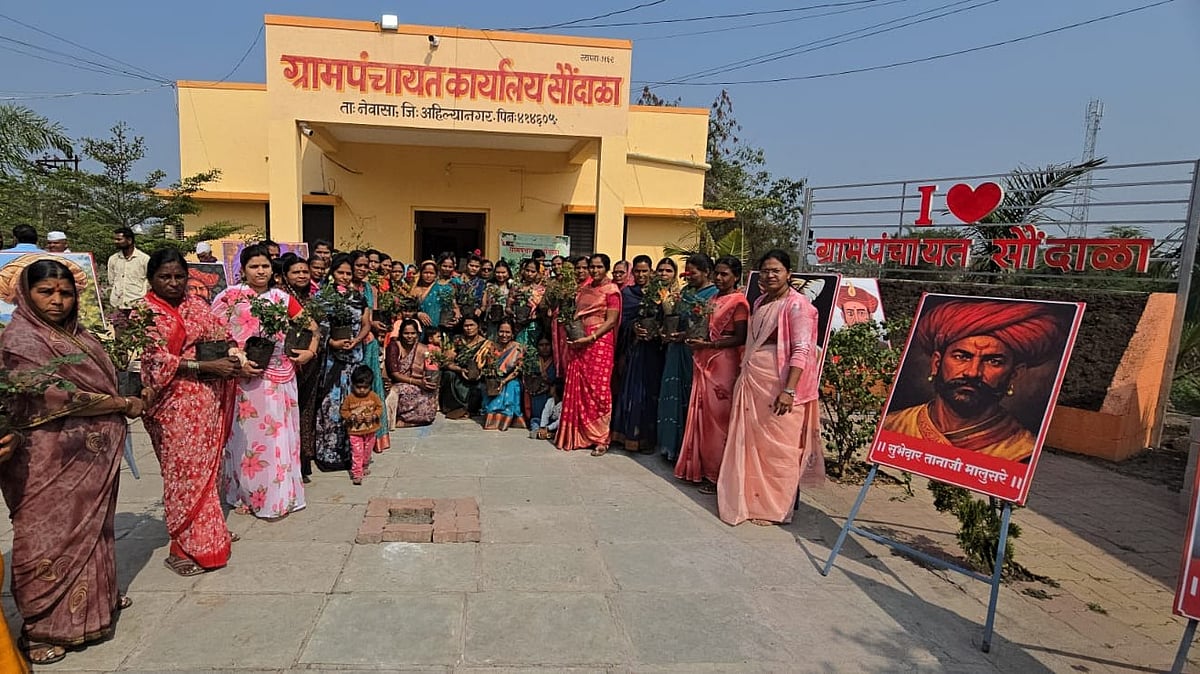When global attention is distracted by the wars in Ukraine and Gaza two eminent individuals decided to shift the focus to the United Nations and its Security Council. UN Secretary General Antonio Guterres (UNSG) tweeted his disappointment that “Africa still lacks a single Permanent Member in the Security Council”. Billionaire Elon Musk wondered why India was not occupying that seat.
UNSG Guterres' calls for ceasefire and peace have been ignored by the protagonists in the two ongoing wars. When the five permanent members of the UN Security Council (UNSC) are split over any ongoing breach of international peace then this principal organ of the UN meant for ensuring global peace and security comes to a grinding halt. UNSG’s voice has been lost in the din of war since the 2022 Russian onslaught on Ukraine and especially after the October 7, 2023 Gaza hostilities. He is, by his tweet, attempting to bring global attention back to the UN's special Summit of the Future in September this year. Elon Musk may be simply flattering India to get his Tesla deal through, seeking lower import duties in exchange for manufacturing later in India.
Before examining that summit’s agenda, the reform and expansion of the UNSC, about which both UNSG and Elon Musk opined, require comment. Serious attempts to increase the permanent membership of UNSC have been ongoing since the sixty-second session of the General Assembly in 2007. It was then decided to commence intergovernmental negotiations on equitable representation and increase of membership. This writer for two years led the Indian delegation to the meetings of the G4 group consisting of Brazil, Germany, India and Japan. These four lobbied for UNSC expansion and their inclusion as permanent members considering their demographic and economic profiles as well as spread across different continents.
South Africa was also an occasional invitee but it did not want to be seen as breaking the African consensus, on the basis of which the 55-member African Union (AU) functions. To amend the UN charter, for changing the composition of the UNSC, the support of two thirds of the UN membership and the consent of all five permanent members is necessary. Lack of African consensus and opposition to additional UNSC permanent members by the 40-member Coffee Club have been factors stalling reform.
Thus the calls for Indian membership or African representation are pointless due to various factors. Firstly, the world is today highly polarised between China and Russia on one side and the US and its allies on the other. Any name supported by one side faces the veto by the opposing group. China may not start by openly opposing another permanent UNSC member from Asia like India and Japan. It would use members of the Coffee Club like Pakistan for that.
Secondly, over the last two decades nations that appeared strong contenders have slipped. For instance, Brazil’s image was damaged by the presidency of Jair Bolsonaro. Similarly, South Africa’s image suffered during Jacob Zuma’s rule. If democratic recession persists or worsens in India the reputational damage may not be mitigated by economic growth alone.
Thirdly, even though the US has for some years openly supported India’s permanent membership it may be a tactical ploy realising it is hardly imminent. In reality the US, and perhaps even the United Kingdom and France, may think that today’s dysfunctioning UNSC will get even more unmanageable with expanded membership.
Therefore India’s or Africa’s inclusion as a permanent member appears unachievable in the foreseeable future. But the Summit of the Future - 2024 in September at the UN holds some promise. It is being painted as a “once-in-a-generation opportunity” to address critical challenges and gaps in global governance. The 17 Sustainable Development Goals, fine-tuned during the special summit last September at the UN, will be focused on.
There is a wide array of subjects listed for discussion during the Summit of the Future. Areas of potential action are: planning response to global shocks; meaningful handling of youth-related themes; more effective measurement of human progress i.e. going beyond GDP; creating a shared vision of digital technology; ensuring integrity of public information; reform of international financial architecture; advancing peaceful and sustainable use of outer space; developing a new agenda of peace; and multilateral support for transformative education.
This is an ambitious and forward-leaning agenda. But with a neo-Cold War underway, the two ongoing wars raging, a slowing Chinese economy and Europe flirting with extreme right wing parties the UN appears too split to perform. The year 2024 is also bringing elections in over two score nations. A Donald Trump win in the US presidential election can upend all global equations.
In conclusion, reform and expansion of the UNSC is a forgotten cause. Paul Kennedy’s book on the UN is titled Parliament of Man. No parliament can function, as India and the US are seeing, when basic political consensus shatters — domestically or globally.
KC Singh is former secretary, Ministry of External Affairs


